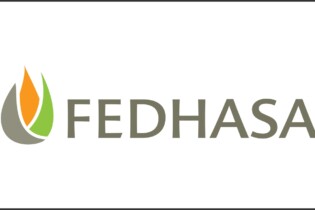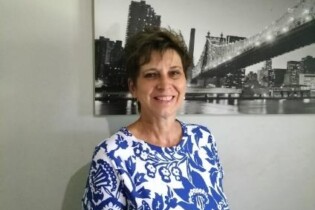Safety and disaster planning has become the most important aspect in the planning and hosting of any type of event. Gone are the days that safety consultants are one of your last appointed suppliers, writes Mike Lord.
Nowadays clients are engaging with health and safety specialist far earlier in the event cycle. This ensures that the decisions they make around their event has been assessed for risk, not only liability but also financial and reputational risk prior to appointing venues and suppliers.
UNDERSTANDING THE LAW
You cannot understate the importance of the liabilities associated with hosting an event, no matter the size and complexity. The events and meetings industry transcends so many laws and regulations that we are extremely exposed.
Training your staff and empowering yourself by understanding the pitfalls of legislation affecting the events industry is paramount. We need to understand our situations fully and we need the staff we appoint or contract in, to understand their roles and responsibilities. We need to appoint them correctly to ensure everyone in the event cycle is aware of the expectations on them.
The advent of the Sports and Recreational Events Act in 2010 (Events Act) has forced the industry to stand up and take responsibility for their actions. You can no longer hide behind budgets and the “that is how it is has always been done” excuse. This ignorance or lack of concern will no longer be tolerated by those appointed to manage the events industry, whether it is the South African Police Service as custodians of the Events Act or council members responsible in the cities in which we operate. The events industry is no longer working in a bubble and has been forced to be accountable collectively for an event. This has in my mind improved communication and information flow and made the industry sit up and take our liability exposure seriously.
CALL IN THE EXPERTS
Having an experienced consultant to walk you through these liabilities and assess the risks you may face, allows for you to make informed decisions, which may in the short-term increase the financial burden to the project, but in the long-term, duty of care is the cornerstone to responsible and accountable event management.
Having a safety system to protect your business is critical, it is okay to have good practises on the ground, it is another thing to document this and have it engrained in your business. Safety needs to become front of mind, we have no choice, it needs to be engrained in the way we do business.
This does not mean you can no longer think outside the box or be entrepreneurial. You just need to have protection measures in place to protect your business, the people working for you and those that may be affected by your decisions.






